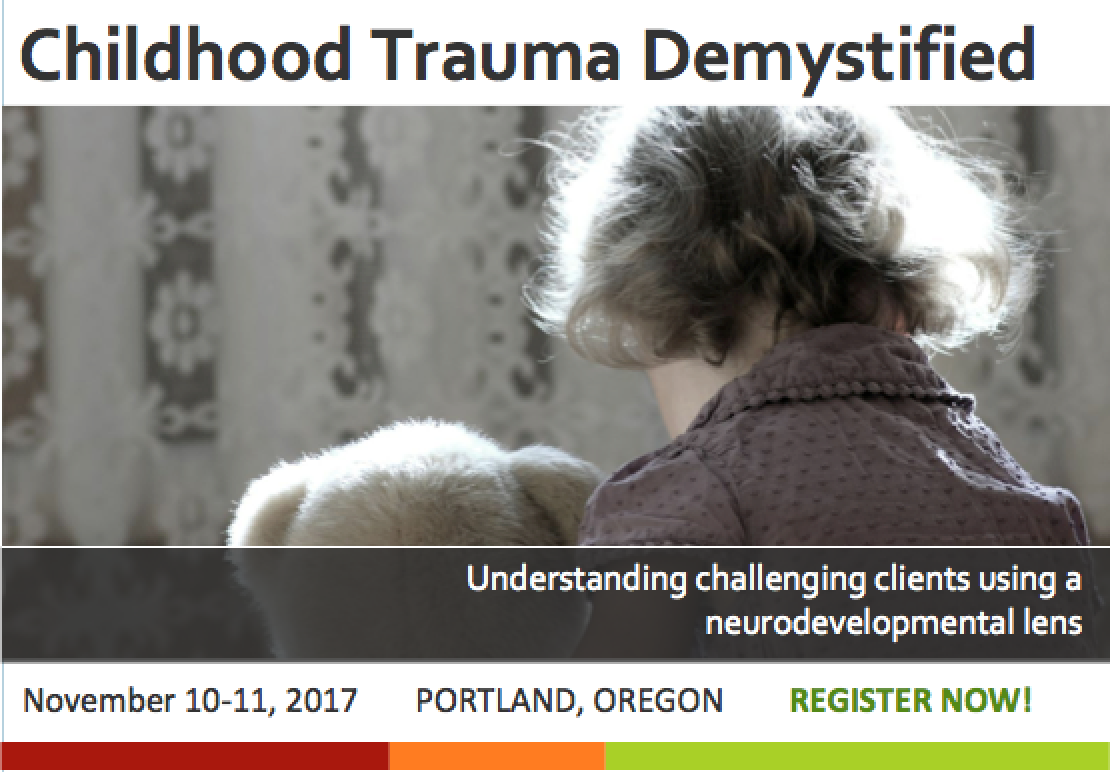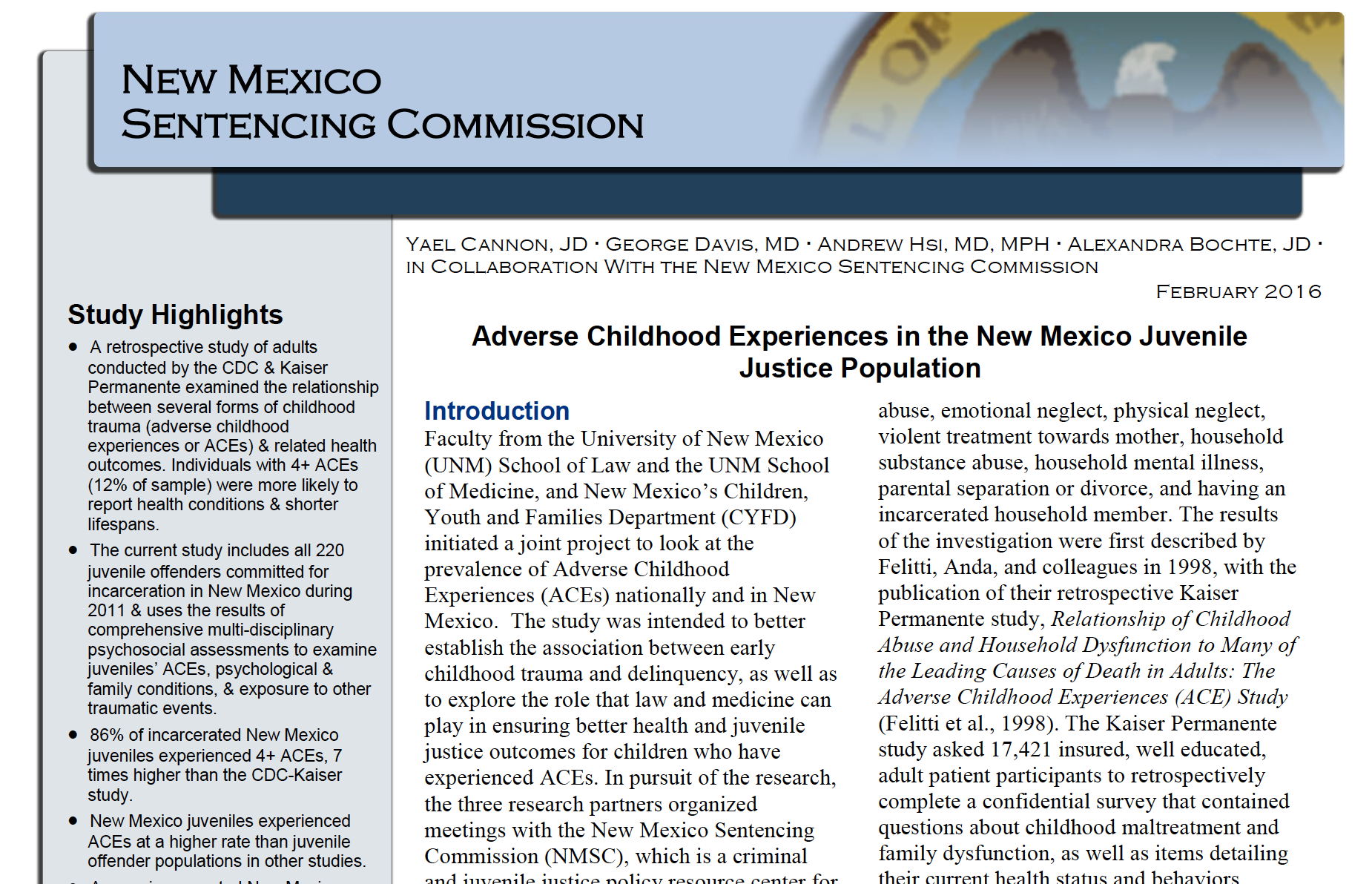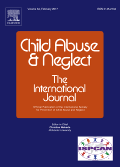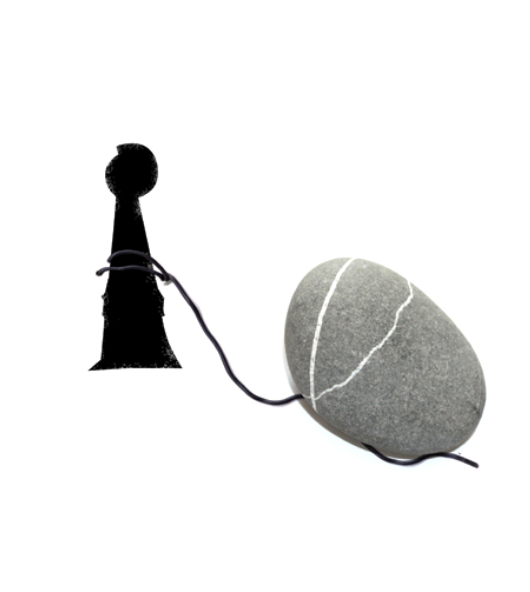Thank you for such a great turnout to our LIVE Webinar!
WEBINAR
Over 400 participants joined us. Thank you for coming!
In one of the most rigorous reviews of juvenile criminal justice records, the Adverse Childhood Experiences in the New Mexico Juvenile Justice Population study revealed that the frequency of early abuse, neglect and family chaos of incarcerated youth reaches staggering rates, skyrocketing above national averages.
Join a discussion with Robbyn Peters Bennett as she talks with co-principal researcher, George Davis, MD who served as the primary psychiatric clinician and evaluator in New Mexico’s Juvenile Justice System for the previous twenty years.
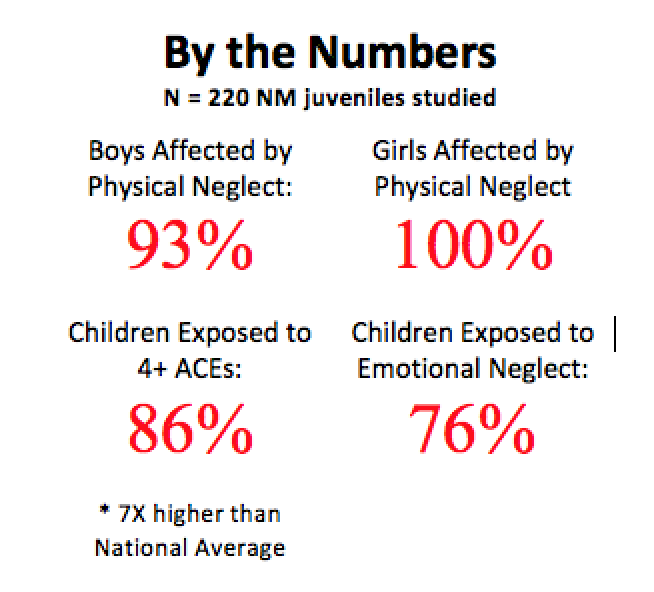
We will explore…..
-
How ACEs are connected to delinquency?
-
Why doesn’t every child who experiences early adversity turn to criminality?
-
What can be done to prevent delinquency?
Webinar Q & A
Question: Do you go to other states as well for in-person training?
Answer: Absolutely.
Question:
This is fascinating: ADHD is often co-morbid with dyspraxia (clumsy child syndrome). I think what you just said is that the mirroring neurons that undermine physical coordination and create the experience of being dyspraxic also have to do with empathy and mirroring emotions. Can I have links to some studies when the talk is over?
Answer: This is a complicated area, but a most interesting one. And I can only give a couple of example questions and suggestive articles. First, as you probably know, Dyspraxia goes under the name Developmental Coordination Disorder (DCD) in the DSM, the ICD and the literature. And the association with emotional mirroring such as empathy is speculative. Nevertheless, the association between DCD and ADHD (which has many of the same qualities, lack of social relatedness and emotional accuracy) is suggestive. Also there is a clear association between Autism Spectrum D/Os and DCD. But like I said, most articles I have seen are suggestive more than proven. See JM Werner’s article, “Neural Correlates of Developmental Coordination Disorder: The Mirror Neuron System Hypothesis”, 2012 This author gives a generous bibliography for other related articles.
Question: What is the author and name of the book?
Answer: Bessel van der Kolk, “The Body Keeps the Score.”
Question: Have you looked into the Camp HOPE model for the Family Justice Center Alliance? Also, the Hope Study/Scale from the University of Oklahoma?
Answer: I had not seen that until you gave me the reference, and thank you very much. What an excellent organization and a badly needed model of collecting education, resources and support services for all types of family violence under one umbrella. A couple of us will look further into collaborative efforts between their work and our own efforts to prevent corporal punishment for children.
Question: Preschool teacher here. The biggest issue for me is knowing when and how to offer resources to parents and caregivers without insulting, offending them, or making them feel afraid.
Answer: I know exactly what you mean. It is the most difficult of nearly any conversation to have. Rearing practices are personal and a potential source of shame. It is the same with primary care physicians, psychiatrists and psychologists. Forming an alliance with the parents and establishing connection is most important. I also feel that there is an inherent power differential between professionals of all types and the families they serve, and I try to equalize that in any way I can so that they know that the best way to care for our children is a common question that we all face. All the rest belongs to the area of sensitivity, interpersonal demeanor and kindness–traits you must have in some considerable measure because you brought it up and you are a preschool teacher to begin with.
Question: Please suggest bibliography supporting rescue attachment significance in the wellbeing and well becoming of children.
Answer: A hard area to find written about, much less researched. Almost all my information is soft, and comes from 25 years of watching how kids develop and what makes a difference. The study is difficult mainly because the study would be nearly impossible due to the unpredictability of developmental outcomes and assigning causes to those outcomes that might have taken place decades before. Also, the quality of any given relationship has no accurate measure because it is a matter of timing, nuance and unconscious connectedness. If I can find any way to come at this from another angle, I will post it on this website.
Question: Can you post the study on ACEs and Spanking?
Answer: Here are some links.
If you want to dig in deeper into how to better understand the Neurodevelopmental Challenges of Survivors of Trauma, come join us in Portland, Oregon on November 10-11, 2017
This workshop is for therapists, psychiatrists, and other clinicians who work with adults and/or children who have experienced early developmental trauma and suffer from chronic dysregulation and difficulty sustaining attachment.
- Adverse Childhood Experiences Study (including Spanking and Its Relationship to ACEs)
- Medical News Today publishes research on identifying early behaviors correlated with psychopathy.
- ChildTrauma Academy, teaching a neuro-sequential approach to healing traumatized children in home and in schools. (NME is the neurosequential model for education which is an amazing cliff note method for identifying the fundamental needs of traumatized children in the classroom.)
- National Child Traumatic Stress Network

